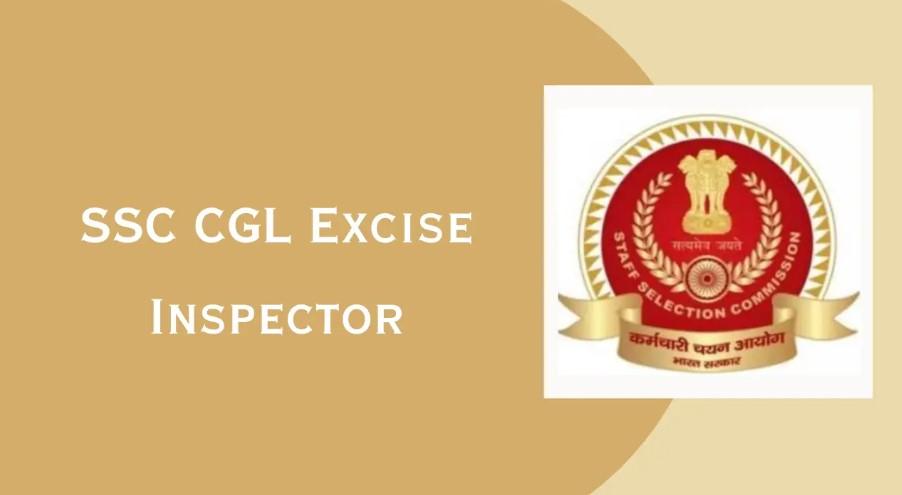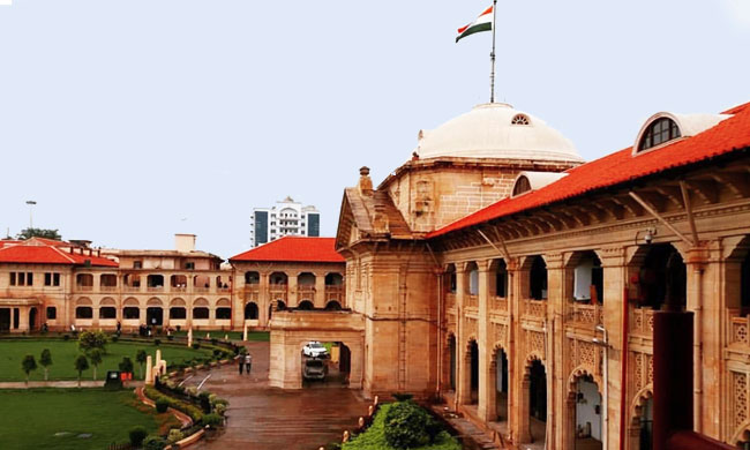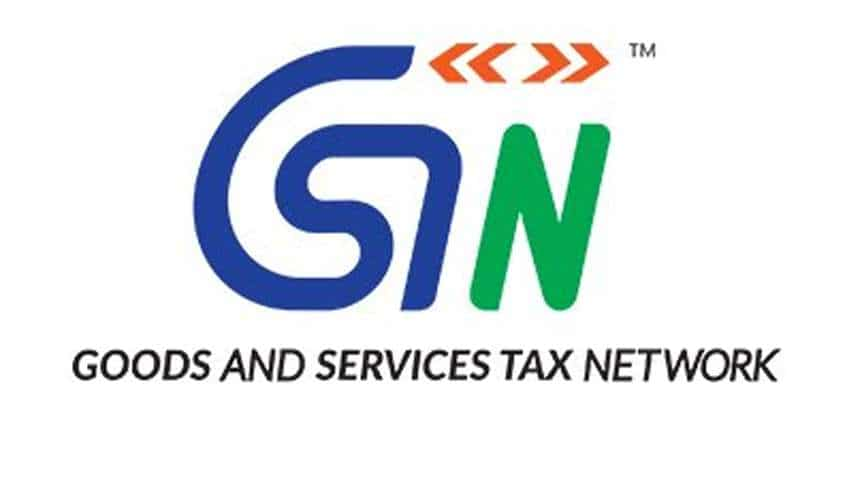The organized Plastic Industry is today hamstrung by the GREY MARKET
Plastic Industry is an important segment of Indian industry which facilitates other segments. There is a very heavy usage of plastics in packaging, agriculture and growing use in auto, medical and other segments as they replace items such as wood, metal etc.
However the large part of this business appears to be off records referred as grey market– estimated to be as high as 40% — on the one hand and under-invoiced, smuggled imports from China on the other. Imports of articles of plastic are also taking place at low and unjustified prices.
Since India is booming and consumers buy more and choices have increased. Taxes are bound to increase in normal course. Now with the emphasis on building trust but at the same time plugging the leakages of tax, a balanced approach of supporting the tax compliant and stern action against the tax evaders is to be planned and implemented.
The tax authorities either Central [Central Excise or Service Tax] or State {CST/ Local VAT} have had targets fixed by higher ups and tend to go to those who are registered for revenue augmentation. The ones who are registered are generally tax compliant, though there maybe a few black sheep who undervalue or suppress the sales. The real tax evaders who do not register and deal in cash, ensure they are always out of net and unfortunately are not targeted for collection of revenue.
In today’s world in any city manufacturers can be identified based on their product sales, size of the industry, information from the tax compliant or their competitors. Once the information is available, they can be booked and in future they could come into the tax net. If they lay low the compliant manufacturers would get the same orders and fill the gap.
In the plastic industry the moulded items of household and tableware are needed everywhere and every store stocks the same. This prevents the tax compliant to grow as they cannot compete with the rates. It may also force the tax compliant to follow the route of the tax evaders to survive since the tax impact could be around 20%.
Suggestions to Tax Officers:
- Reducing the central excise duty at 8% will bring down
the cost spreads between organized segment and the grey market and
correspondingly boost Government revenues both through better compliance and
increased turnover. - It is essential that import duty structure on imports of articles of plastics should be re-calibrated to
increase import duty on plastic goods from current 10 % to 15%
- The plastic Industry has to either import its raw material – granules of differing quality or procure from Reliance Industry. The A category buyers in each State can be identified and surveyed officially and made to submit first their audited financials.
- The information of major buyers of the granules from the traders could also be identified.
- The use of reprocessed material is also a challenge. However this could be for cheaper products and maybe difficult to track. The information from the scraps disposed by the plastic industry may also give some indication.
- Today brand name makes a difference. A SSI cannot claim ₹ 150 Lakhs exemption if he manufactures the branded goods of another person. Multiple units using the same brand name can only be identified based on information. It is understood that this comes in normal course from competitors as well as the old employees. However the follow up ends up in enriching the officer who promises closure.
- These users based on ABC analysis could be asked for further information of consumption, information on electricity bills and presence of generator confirmed.
- The input output ratio in each of the products could be ascertained. There is hardly any significant loss in the injection moulding process. The difference would broadly indicate the extent of evasion, suppression and even undervaluation.
- A related aspect is that some of the manufacturers buy the raw material in cash, however this can be unearthed by comparing the power consumption or number of machines vis a vis the capacity or number of employees.
- The consumption of electricity is based on the type of machinery. A technical officer can evaluate the estimated consumption. The difference would again indicate the extent of evasion, suppression in quantity.
- The purchase of machinery at regular intervals and the capacity of the machine can also be a base for estimating the income.
- The number of employees [whether on rolls or otherwise] could also be a good indicator.
- However for this dedicated honest officers may have to be identified or appointed. The checks and balances to be in place.
- Till this point normally some tax officers reach. However what happens after this is a tragedy for India.
- These officers then get into settlement mode- which the tax evaders are extremely willing to go ahead. A documented check against such adjustment by some unscrupulous officers can also be put in place with some method of monitoring especially those cases which have been dropped.
- The errant manufacturers / dealers can be visited 2 times a year to confirm that they do not go back to their old ways by different officers. [not the ones who visited the first time]
Expected Results
- Additional collection of about 19% [demand + interest + penalty] of the suppressed value of sales under central excise.
- Additional collection of about 7- 9% of VAT or CST.
- The Compliant Tax payer would not have to limit their manufacture/sales due to the cost difference errant manufacturers/ dealers enjoy today of about 5-10%.
- The turnover of the compliant would increase and for the new industries which are registered, it may double or triple also.
- Tax authorities would be able to collect much more with less effort.
- The industry from being a non compliant one will convert into one which joins the mainstream.
- The tax payer would be able to trust the Government and get on with his business rather than seeing how to beat the one who do business only on saving in taxes.
This model can be followed for analyzing many other industries as well. Let us the professionals as well as the honest revenue officers make India great. Related Tags














